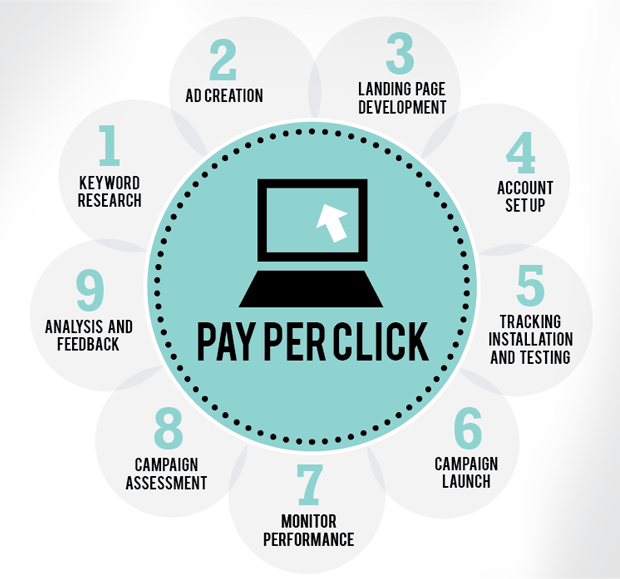Starting a new business? Need to promote a site on an extremely tight budget? This article aims to provide small / start up companies an easy to implement guide to Internet marketing, especially search engine marketing.
Budget Considerations
This is the biggest worry for all small companies and start-ups. It is common knowledge that one needs to spend money on marketing in order to gain publicity and sales. How much does one spend, though? A common rule of thumb is to set aside 5-10% of the net sales expected for the year.
A smarter option is to spend some time doing good market research, identifying areas of expenditure, comparing multiple options and then deciding which will yield maximum benefit for your business in particular.
Website Design
This can be an extremely important factor for online businesses. You don’t have to spend thousands on getting a well designed site. However, you do need to ensure that your site looks clean, crisp and professional. That means:
- No flashing images
- WordArt text looks just plain old amateurish, so leave it out
- Use a white background if in doubt
- Use black font colour if in doubt
- Overuse of images is not advisable
- Be careful with copyrights when using images
If you can’t afford professional design services, why not try using a template from some site like www.TemplateMonster.com? These templates can cost as little as £25 and provide a very clean design that most novices can build upon using FrontPage or DreamWeaver (latter preferred).
Paid Search Marketing
Pay per click advertising on Google and Yahoo! is likely to yield the best results in the short term, but can be costly. Signing on to Google’s AdWords program is relatively easy to do. Getting good results for competitive keywords is not.
The best strategy for any small company will be to steer clear of any mainstream, high-competition keywords and instead focus on local search queries or specific niches.
Search Engine Optimisation
Results from ethical SEO can take as long as 9-12 months for a new website. This is a good long term strategy, but will not help most new companies in the early months, as the search engines will not rank a new site for any competitive, high-volume keywords.
Optimising your website is a good idea for longevity of the business. However, it is important to spend time on keyword research to identify search phrases that you could target, which are not being targeted by too many other competitors. Using those phrases on the site copy will help them rank, and there is a good chance that Google might rank your site even earlier for these key phrases than the more competitive ones.
For example, an antique furniture retailer based in Hampstead, North London should start by focusing on key phrases such as ‘hampstead antiques’, ‘north london antique furniture’ and so on, rather than just ‘antique furniture’. Even though the latter receives much more traffic, the number of other sites targeting the same phrase makes it much more competitive and difficult to rank for.
Online PR & Buzz
A small businesses greatest tool in the early months will be online PR and Buzz. Raising awareness of your business is the best way to drive traffic to the site or clients to the store. There are a number of ways a new business can generate buzz and raise awareness:
- Contact local newspapers or publications and provide them exclusive stories on your launch and/or product offering
- Write a (few) useful articles and distribute them to various online article directories and sites such as Work.com and Digg.com
- Search for online blogs and forums about your specific field or focused on your locality and participate in the conversation there, sharing tips and offering useful advice
This method, if done properly, will probably turn out to be the most cost-effective and fruitful exercise in the early stages of starting up. It can also cost next to nothing. However, good PR and buzz generation requires a lot of time and diligence, which can seem tough to justify when you have so many other things to worry about.
Keep in mind, though, that if you do not spend a suitable amount of time or money to market your business, no one will know about it, and then no matter how great your product or service is, no one will buy it from you!
About the Author
Farhad is the Group CEO of AccuraCast. With over 20 years of experience in digital, Farhad is one of the leading technical marketing experts in the world. His specialities include digital strategy, international business, product marketing, measurement, marketing with data, technical SEO, and growth analytics.











